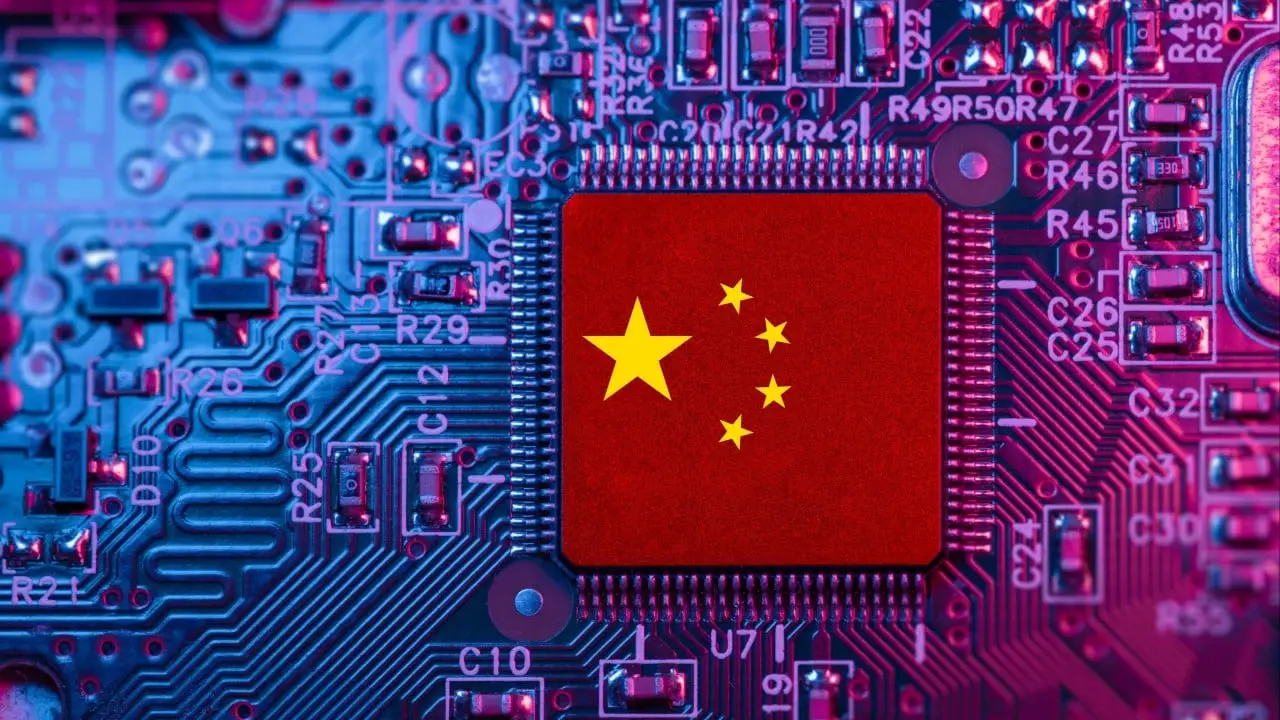In the artificial intelligence (AI) era, computing power has become an even more critical focus in the global race for technological leadership, with major economies ramping up investments to gain a competitive edge.
Advertisement
Premier Li Qiang emphasised the need for China to strengthen the construction of computing power infrastructure, underscoring its role in supporting technological and economic growth, during a three-day visit last week to Zhejiang province, one of the country’s leading economic hubs.
What is computing power?
Computing power refers to the capacity of digital systems to process and use data – with applications in a huge range of fields, including education, finance, transport, healthcare and energy, and a key role in the nascent AI sector – and it has emerged as a significant driver of economic growth, according to International Data Corporation.
In a report released this year, Yu Xiaohui, president of the China Academy of Information and Communications Technology, said that every yuan invested in computing power “can generate 3 to 4 yuan in economic output”.
How are China’s local governments trying to boost it?
The rising cost of computing power is a challenge for businesses, especially small and medium-sized enterprises (SMEs), prompting several Chinese cities to introduce subsidies aimed at bolstering access to computing power infrastructure.
1. Shenzhen
This month, Shenzhen introduced a 500 million yuan (US$68.49 million) annual voucher programme, offering subsidies of up to 50 per cent for companies, universities and research institutions renting computing power for AI model training. Start-ups enjoy even greater support, with subsidies reaching 60 per cent, making it the country’s most generous such policy.

